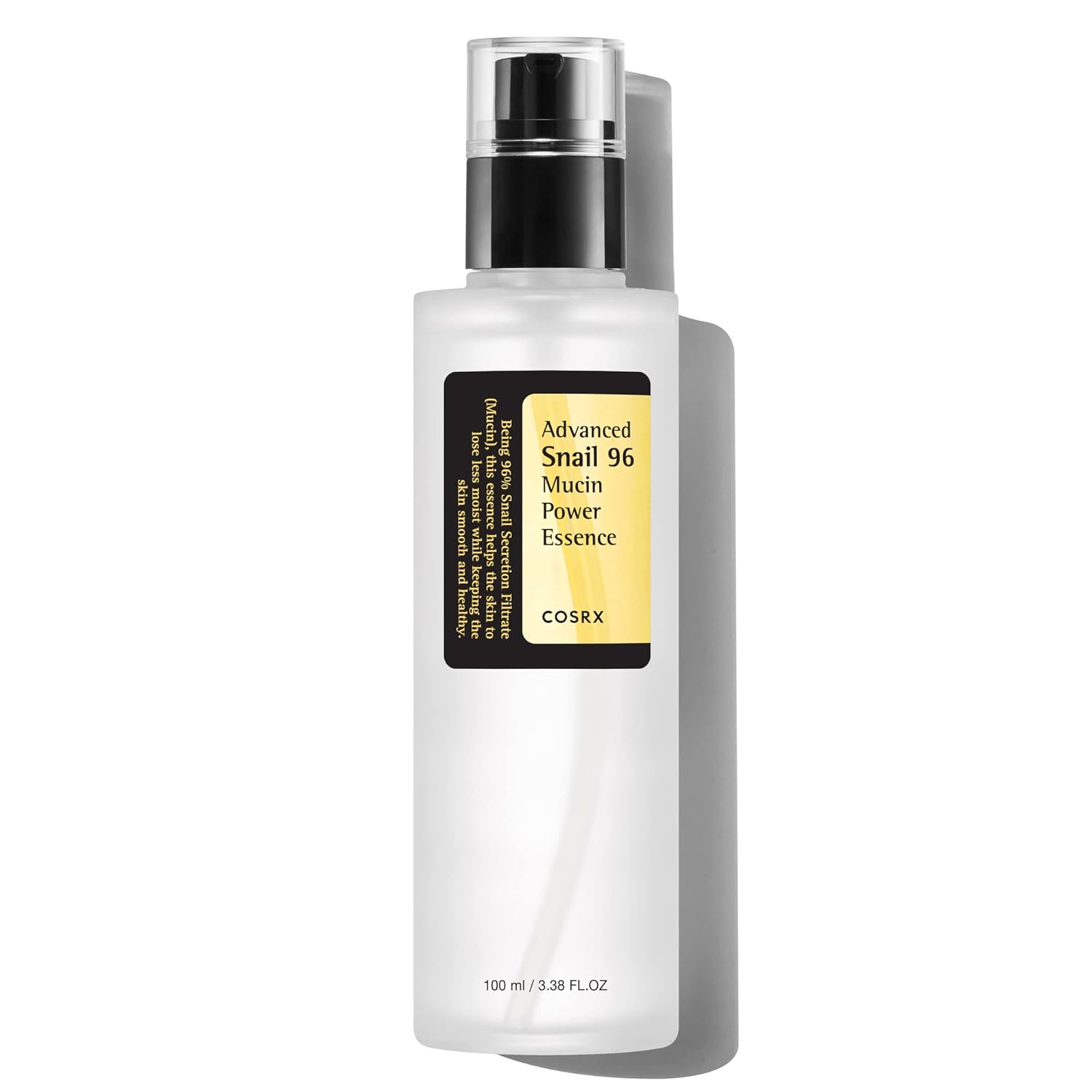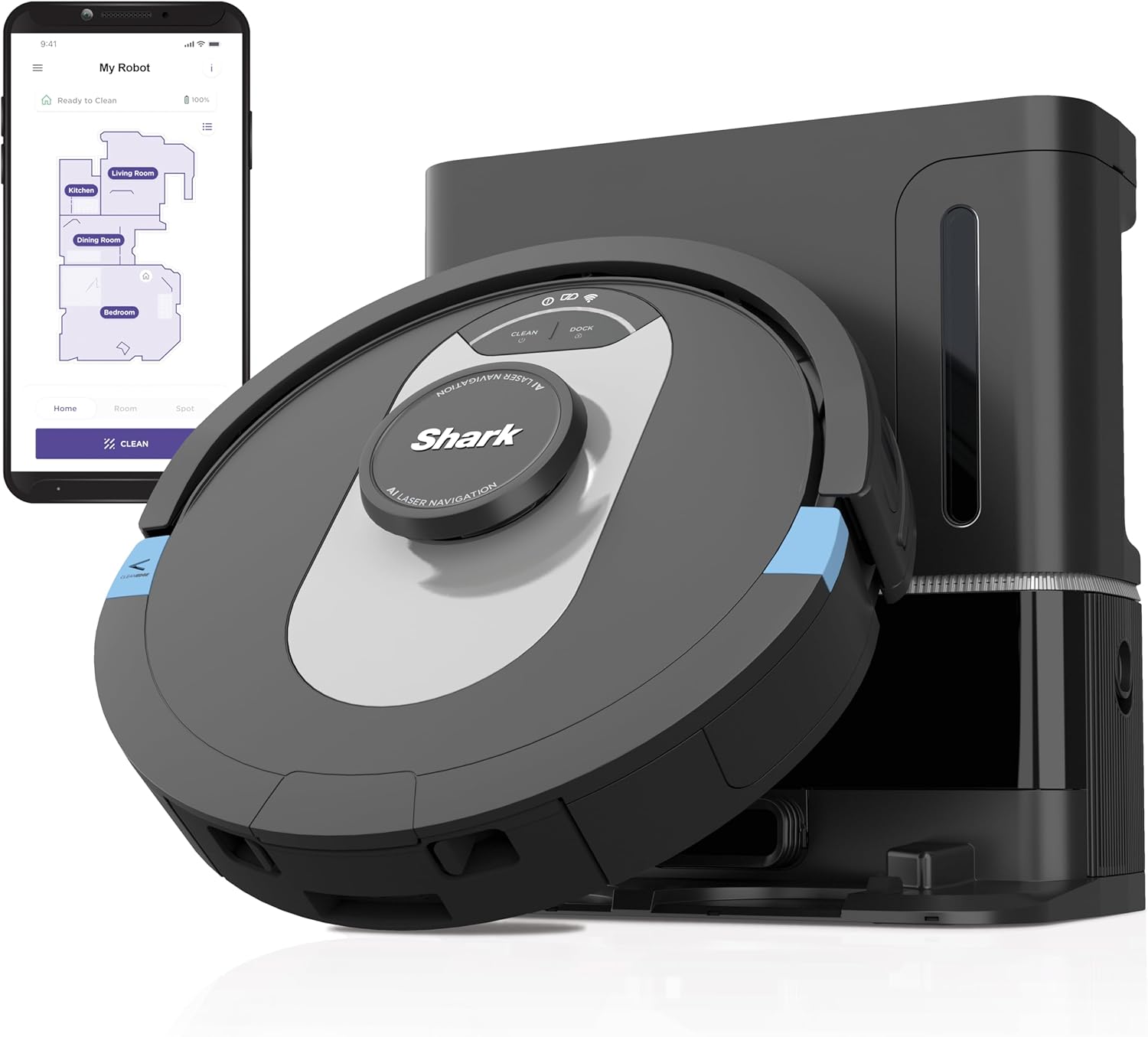
Smile Brighter: Essential Oral Hygiene Tips for Seniors
Maintaining a bright smile is vital at any age, but it takes on special importance in the golden years. Seniors often face unique challenges that can affect oral hygiene, including decreased mobility, medications that cause dry mouth, and changes in gum health. This article provides comprehensive strategies to help seniors achieve optimal dental health, ensuring that every smile shines brightly.
Overview of Senior Oral Hygiene Needs
As we age, our dental care requirements evolve. Seniors may experience gum disease, cavities, and even tooth loss. Regular dental visits, along with effective daily hygiene practices, form the foundation for good oral health. A well-rounded approach involves understanding what makes up excellent oral hygiene and integrating those practices into daily routines.
Why Oral Hygiene Matters for Seniors
Good oral hygiene plays a crucial role in overall health. Poor oral health can lead to various health issues, including heart disease, diabetes, and respiratory infections. Additionally, maintaining oral hygiene can enhance quality of life, affecting the ability to eat, speak, and smile confidently. Emphasizing oral health helps seniors enjoy flavorful meals and engage openly in social activities.
Who Should Focus on Oral Hygiene?
Every senior, regardless of their dental history, should prioritize oral hygiene. Individuals with dentures, those battling gum disease, or those taking medications affecting saliva production need to pay particular attention to their dental health. Family members and caregivers play an essential role in supporting seniors to maintain their routines and encouraging regular dental check-ups.
What Constitutes Effective Oral Hygiene?
Effective oral hygiene involves multiple elements:
- Brushing: Use a soft-bristled toothbrush and fluoridated toothpaste twice a day.
- Flossing: Daily flossing helps remove food particles and plaque between teeth.
- Mouthrinse: An alcohol-free mouthwash can help freshen breath and provide additional protection against cavities.
- Regular Check-Ups: Visiting the dentist every six months for cleanings and examinations is key.
- Diet: A balanced diet low in sugar can help prevent tooth decay and gum disease.
Where to Access Oral Hygiene Products
Local pharmacies, grocery stores, and online retailers offer a range of products specifically designed for seniors. Look for toothbrushes with larger handles for easier grip, flossers that cater to dexterity issues, and moisture-enhancing mouthwashes. Recommendations from dentists can also guide the selection of effective dental care items.
When to Seek Professional Help
Schedule a dental appointment if experiencing any of the following:
- Increased tooth sensitivity or pain.
- Visible cavities or dark spots on teeth.
- Bleeding gums during brushing or flossing.
- Bad breath that doesn’t improve with regular care.
How to Incorporate Good Oral Hygiene Practices
Start with simple steps to make daily oral hygiene manageable:
- Establish a Routine: Brush and floss at the same time each day, perhaps after breakfast and before bed.
- Stay Motivated: Link oral care to enjoyable activities, such as listening to music or catching up on favorite shows.
- Involve Family: Encourage family members to participate, whether through reminders or shared routines.
Pros and Cons of Different Oral Hygiene Products
When selecting products, consider the following:
Soft-Bristled Toothbrush:
- Pros: Gentle, effective cleaning, reduces gum irritation.
- Cons: May require more pressure for stubborn stains.
Electric Toothbrush:
- Pros: Easy to use, offers built-in timers for thorough brushing.
- Cons: More expensive, requires charging or batteries.
Floss Picks vs. Traditional Floss:
- Pros: Easier for those with dexterity issues, portable.
- Cons: May not be as effective as traditional floss for deep cleaning.
Similar Products for Enhanced Oral Care
Alternatives to traditional oral hygiene products can boost senior dental health:
- Water Flossers: These devices help remove plaque without traditional flossing techniques.
- Chewable Dental Wipes: A portable alternative for freshening breath and cleaning teeth on the go.
- Dental Chews: Offer a fun and effective way to maintain oral health while enjoying a tasty treat.
Opinions and Comparisons
Seniors often benefit from discussing their oral health with peers. Sharing experiences about specific products can lead to recommendations that enhance one’s routine. Online forums and community groups provide spaces to explore various approaches to oral care. Comparing effectiveness among products and practices can help seniors find what works best for them.
FAQs
1. How often should seniors visit the dentist?
Seniors should aim for dental visits at least twice yearly or as recommended by their dentist based on individual needs.
2. What should I do if I have trouble brushing my teeth?
Consider using an electric toothbrush or a toothbrush with a larger handle for better grip. A caregiver can help if needed.
3. Are there specific products for seniors with dry mouth?
Yes, look for saliva substitutes, hydrating mouthwashes, and moisturizing toothpaste specifically designed for dry mouth relief.
4. How does diet affect oral health in seniors?
A diet low in sugar, rich in fruits and vegetables, supports better oral health, reducing the risk of cavities and gum disease.
5. Can gum disease be reversed?
In the early stages, gum disease can often be reversed with proper hygiene and professional dental care. More advanced stages may require additional treatments.
Instantly Access Your FREE Children’s Books Here!
Disclaimer: As an Amazon Associate, I earn from qualifying purchases. I may earn a commission from qualifying purchases as an affiliate. Please note that I only recommend products I believe will provide value to my readers.








